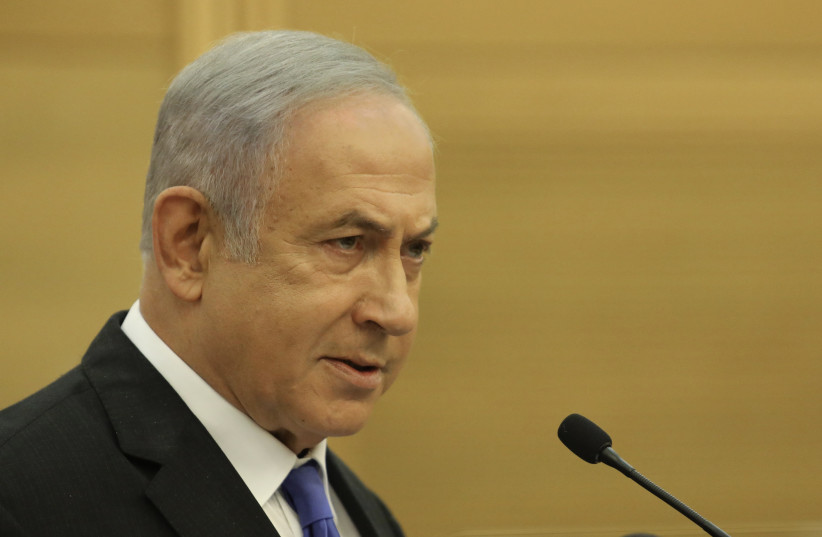Star prosecution witness Nir Hefetz on Monday testified before the Jerusalem District Court about the crucial quadrangle between himself, former prime minister Benjamin Netanyahu, former Communications Ministry director-general Shlomo Filber and Bezeq and Walla owner Shaul Elovitch.
The issue could be pivotal in the verdict for Netanyahu as Filber and Hefetz were two of his closest former aides, now turned prosecution witnesses. How their relations are characterized will likely reflect on whether Netanyahu is viewed as heading the Case 4000 media bribery scheme or whether his aides acted independently and within the law.
Likewise, the deeper the ties between those three men and Elovitch, the more both Netanyahu and Elovitch could be placed at the center of the alleged scheme.
During cross-examination, first by Netanyahu’s lawyer, Boaz Ben Tzur, and then by Elovitch’s lawyer, Jacques Chen, Hefetz scored some points for both the defense and the prosecution.
On the one hand, Chen got Hefetz to admit that many of his meetings with Filber were over the independent personal activities and initiatives of Hefetz himself.

Chen asked about claims made by Filber that Hefetz had come to meet with him about media initiatives including one that, the attorney said during his examination, was to establish a TV station with the involvement of Russian-Jewish oligarch Roman Abramovich. Chen then brought a statement Hefetz made during his police interrogation when he said that he initiated the meetings with Filber to promote private initiatives like TV stations.
This point would help the defense argue that Hefetz’s relations with Filber were in general often independent actions, and not by order of Netanyahu or with the former prime minister’s knowledge, which could be a defense from media bribery allegations.
At the same time, Hefetz helped score points for the prosecution. He said Filber would never have been appointed director-general without Sarah Netanyahu’s approval, something that could demonstrate the Netanyahu family’s use of the Communications Ministry for personal purposes.
Moreover, Hefetz on Monday said the vast majority of his meetings with Filber were to advance causes for Netanyahu, such as empowering Channel 20 so that the former prime minister would have a friendly competitor on TV with other channels that might be more critical. This could suggest Netanyahu was directing a media bribery scheme using Hefetz and Filber as messengers.
When confronted by Chen with some earlier statements to police where he had said most of his meetings with Filber were for his own initiatives and not for Netanyahu, Hefetz distinguished between different eras of testimony to police.
If Chen referred to Hefetz’s later statements to police – after he had turned state’s witness – as “cleanup sessions” to artificially create consistency with the prosecution’s narrative, Hefetz said his later statements were the true ones, and his statements before turning state’s witness were less accurate.
In any event, Hefetz said where there were contradictions in his pre- and post-turning state’s witness statements to police, they could be resolved by his current and final sworn in-court testimony.
There were similar discrepancies about Hefetz’s meetings with Elovitch. Although when testifying for the prosecution, Hefetz had framed many meetings with Elovitch as being directed by Netanyahu, under cross-examination on Monday, he rattled off significant independent meetings he had with Elovitch.
Sources familiar with the prosecution narrative said cutting through all of the complex motivations for Hefetz’s meetings with Elovitch, the oligarch would never have met with him if he had not been Netanyahu’s middleman for the scheme.
Anything independent that came afterward could only be seen in the context of ancillary activities to the scheme, they added.
Hefetz also testified about assisting Yair Netanyahu clean up embarrassing personal stories about himself and recounted how in one instance it was easier to get a story removed from the Haaretz-affiliated The Marker’s website than it was from Walla’s site.
The defense wanted to argue that this showed Walla was not controlled by the Netanyahu family.
The prosecution has claimed it only needs to prove systematic efforts to control Walla coverage and not that every single article at Walla fulfilled Netanyahu’s will.
